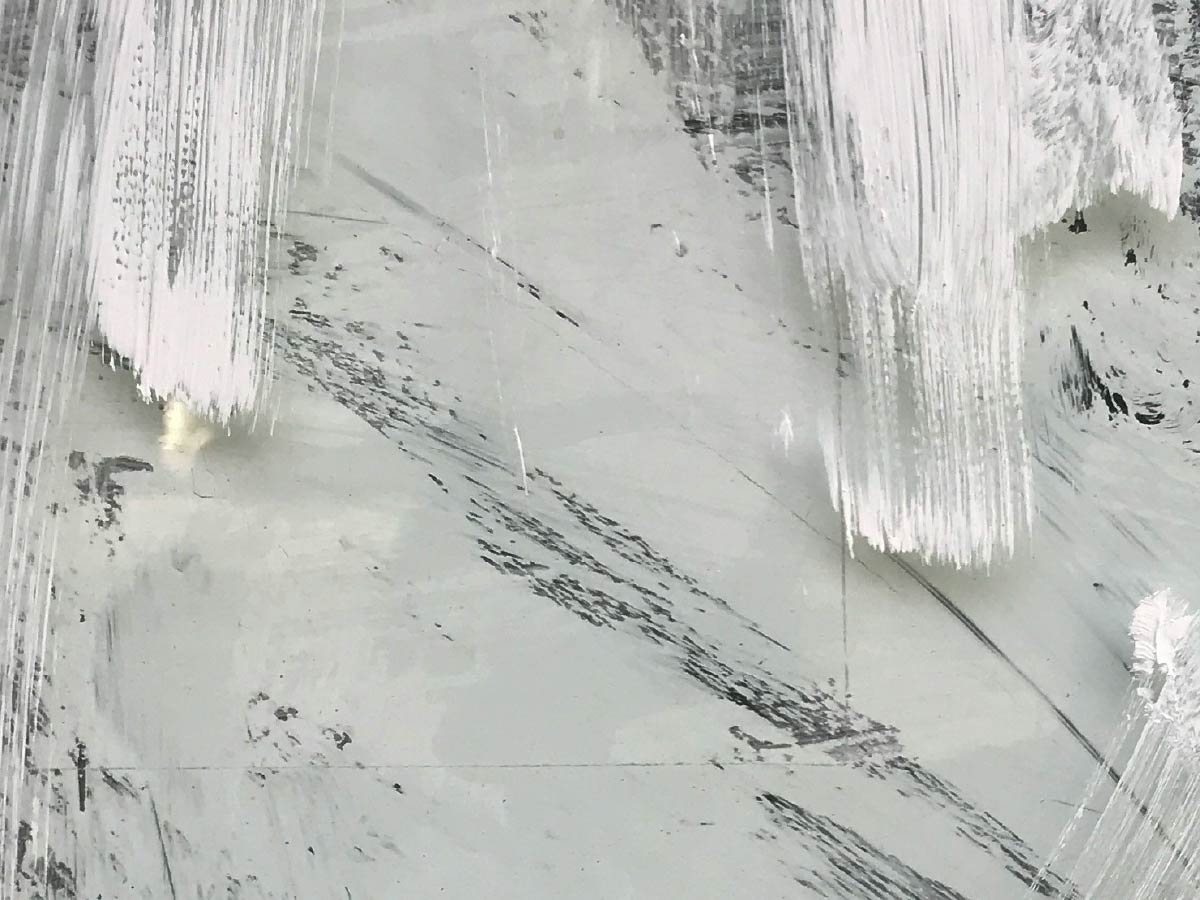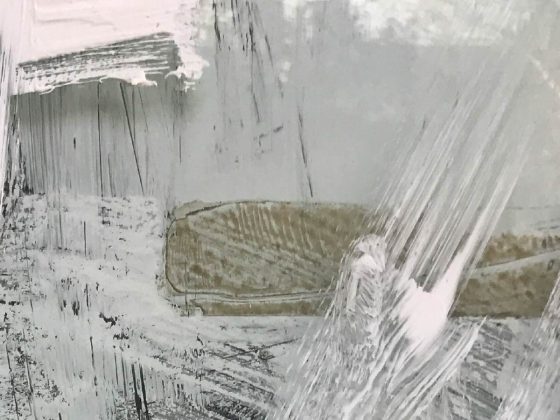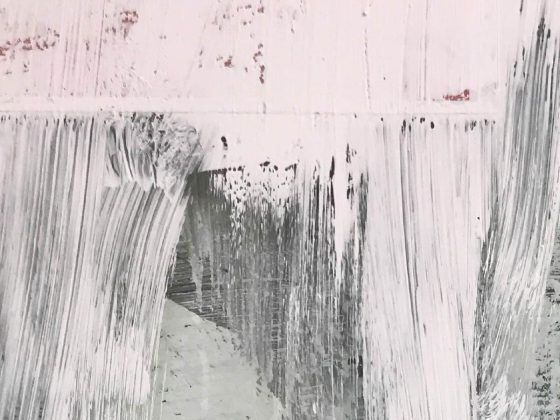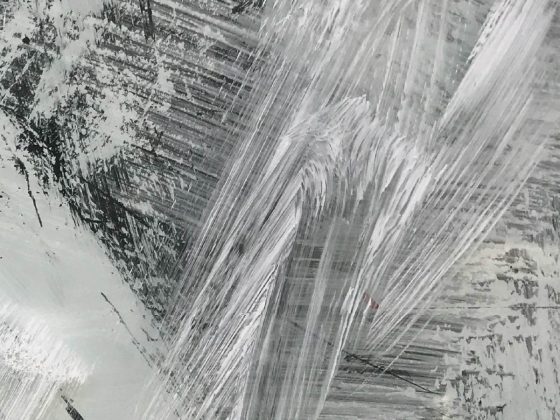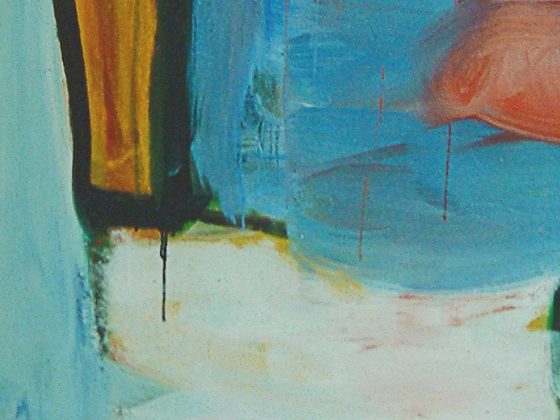Teología y cultura, año 22, vol. 27, número 2 (octubre 2025), pp. 174-210
ISSN 1668-6233
Julio Meinvielle (1905-1973) fue un reconocido sacerdote perteneciente al integralismo católico”, corriente principal del catolicismo argentino en las décadas de 1930-1940, cuya influencia trascendió los límites de la institución eclesiástica. Con su prolífica obra e intervención pública, se convirtió en una fuente inspiradora para los sueños sociales y políticos del “mito de la nación católica”. En su obra El judío de 1936, el sacerdote indaga la función del judío en la metahistoria o escatología cristiana. Visto bajo la luz teológica, él cumple, para Meinvielle, una función esencial en el drama salvífico: la de enemigo transhistórico principal de la cristiandad. Esta enemistad teológica, afirma, ha sido providencialmente determinada como una negatividad que mueve la historia y que favorece, a su pesar, el triunfo final del Reino de Cristo. El presente artículo tiene como objetivo analizar los componentes mítico-populistas de la configuración del enemigo judío en la lectura teológico-política de Meinvielle, dentro de su proyecto de consagración de la nación católica y de un imperio cristiano universal. Para dicho objetivo, se hará uso de las reflexiones de Ernesto Laclau sobre las condiciones estructurales de la lógica de subjetivación política del populismo, así como de los análisis de Ernst Cassirer sobre el mito y el mito político.
Palabras clave: Iglesia católica. Nación católica. Enemigo judío. Populismo. Mito político.
Abstract: Julio Meinvielle (1905-1973) was a renowned priest of «Catholic Integralism,» the primary current of Argentine Catholicism in the 1930s and 1940s. His influence transcended the limits of the ecclesiastical institution. With his prolific work and public intervention, he became an inspiring source for the social and political dreams of the «Myth of the Catholic Nation.» In his work, The Jew from 1936, the priest investigates the role of the Jew in Christian metahistory or eschatology. Seen in the theological light, he fulfills, for Meinvielle, an essential function in the drama of salvation: that of the main transhistorical enemy of Christianity. This theological enmity, he affirms, has been providentially determined as a negativity that moves history and that favors, despite itself, the final triumph of the Kingdom of Christ.
This article aims to analyze the mythical-populist components of the configuration of the Jewish enemy in the theological-political reading of Meinvielle within his project of the consecration of the Catholic Nation and a universal Christian Empire. To this end, we will draw on Ernesto Laclau’s reflections on the structural conditions of the logic of political subjectivization of populism and Ernst Cassirer’s analysis of myth and political myth.




